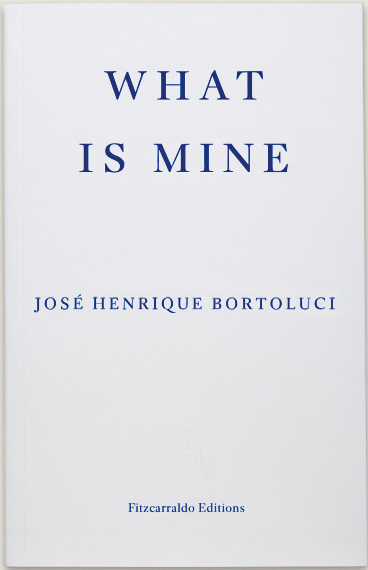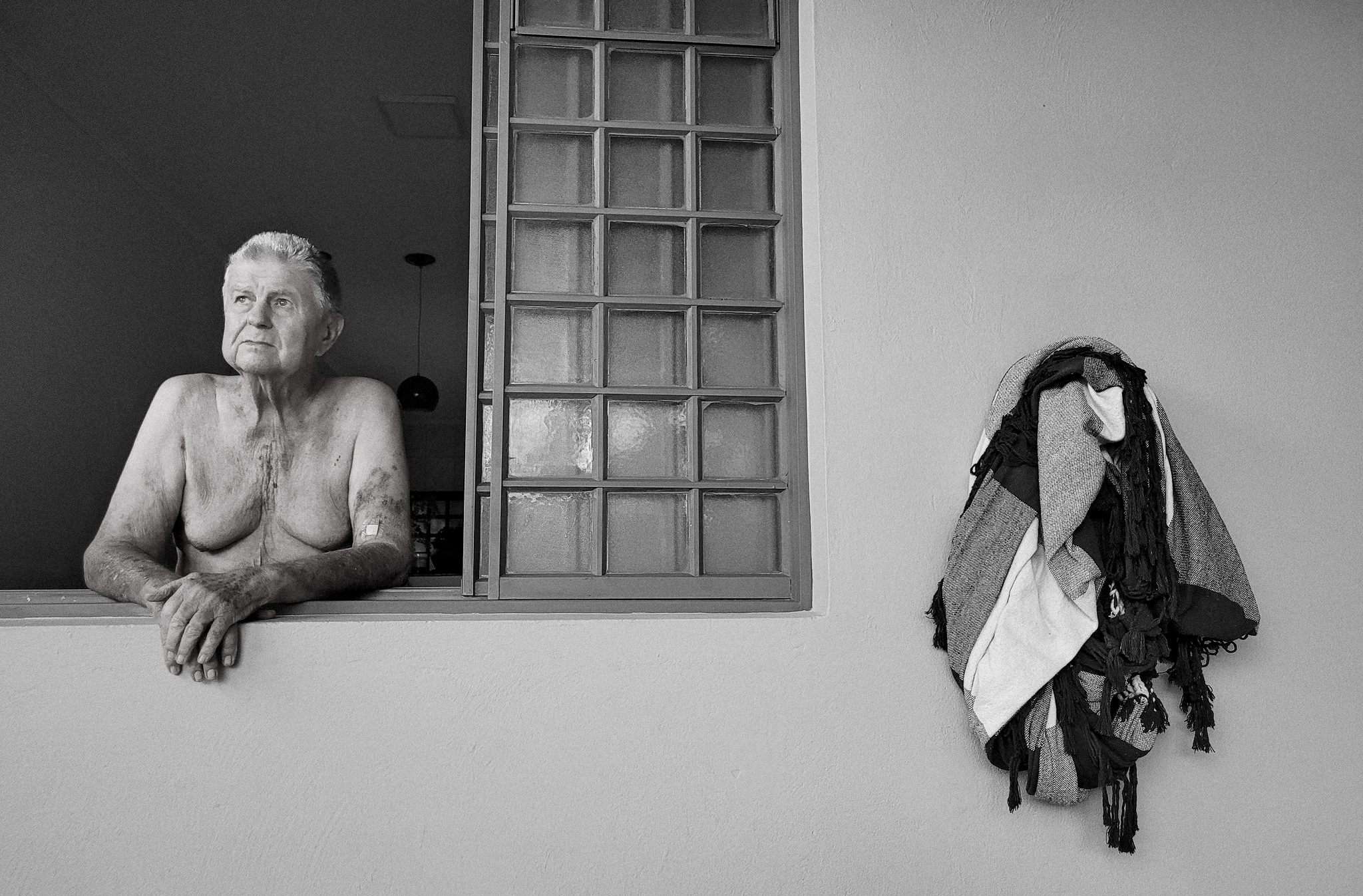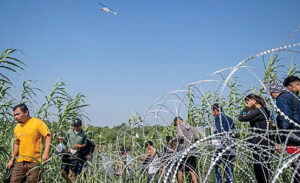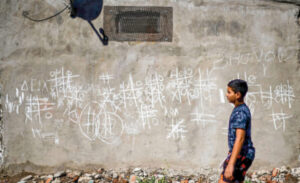This article is adapted from AQ’s special report on the 2024 U.S. presidential election and its impact on Latin America
“Remember, your dad helped build this airport so you could fly,” a long-distance trucker tells his son, who’s leaving for the United States to pursue a doctoral degree. Father and son share a name: José Bortoluci. But the father goes more often by his nicknames: Didi when he’s home, and Jaú, the name of his hometown, when he’s on the road. The son, a sociology professor in his late 30s, is now a public figure in Brazil—and in What Is Mine, a hybrid of oral history, memoir and sociological essay, he chronicles Didi’s story, presenting his father’s road trip tales, narrating and commenting on his life, and drawing out the connections with the much larger tale of Brazil’s 20th century.
Didi, a trucker for 50 years, was one of the millions of hands who built Brazil’s monumental infrastructure projects, such as the country’s largest airport, Guarulhos, from which his son flew to the U.S. These projects were crucial to taking Brazil from rural to urban—and to tipping the Amazon into a spiral of destruction that is proving difficult even to slow, not to mention reverse, despite halting progress under the current Lula administration.

What Is Mine
By José Henrique Bortoluci
Translated by Rahul Bery
Fitzcarraldo Editions
Hardcover
144 pages
The book is a constant attempt at bridging things—the gaps between one person’s life and the forces that shape it, between father and son, between social classes, between Brazil’s past and its present. In the process, both Bortolucis, father and son, give us much to think about regarding the ever-elusive definition of Brazil’s national identity.
Brazil’s love affair with roads first took off in the 1950s, under President Juscelino Kubitschek, when industry was growing and the new capital, Brasília, was being constructed in a then-untouched part of the country. It accelerated under the military dictatorship that ruled Brazil for two decades from 1964, under the developmentalist slogan integrar para não entregar: Claim the interior so as not to lose it. The dictatorship’s preferred method was building highways, rather than trains or boats, to reach into the frontier country in Brazil’s center-west—and, most damagingly, into the Amazon, with the construction, among other roads, of the 3,000-mile-long Trans-Amazonian Highway. Between 1960 and 1991, the population of the Amazon region increased from 5 million to 17 million.
Didi, or Jaú, became a trucker just after the coup, in 1965, at the age of 22. All through José Henrique’s (the younger Bortoluci’s) childhood and teenage years, he was frequently gone for months at a time, transporting everything that was needed for these big projects, from cement to food for workers. When he got back to their home in Jaú, he would excitedly tell his wife and two boys all about the trips. These were amazing adventures: broken engines when he was in the middle of nowhere, barbecues and long chats on the side of the road with fellow truckers. An awestruck José Henrique would listen admiringly. You can still feel something of that wide-eyed boy in the way he narrates these tales.
But as José Henrique accumulated knowledge about Brazil’s political and economic history, advancing from a star student in his small public school to a Ph.D. and a professorship, questions started popping into his mind. What were all these roads for? What kind of national project were they a part of? And what did it all bring to the people who built it, like Didi?
In his rise to academic success, José Henrique also changed classes, moving above his family, working-class descendants of early 20th century Italian migrants. But his love for his family, and theirs for him, remained unchanged, and can be felt throughout the book. José Henrique wants and tries to understand them, even if their worlds are so different. And in the way they care for him, they try to come closer to him, too. A very Brazilian tenderness runs through the narrative.
José Henrique critiques his fellow progressive intellectuals on the grounds that they don’t come close enough to the working classes they study, don’t use language that describes their everyday lives, an omission that alienates them. José Henrique is an intellectual who comes from a poor background, though he has the social advantages of being white and male. But he himself at times falls back on academic language, using words that are unusual outside those circles. He makes the ideas entirely comprehensible, but I wonder if the book could have been even stronger without its academic inclinations.
As Brazilian as the love we feel in the family is the violence that Didi witnesses and that lies at the heart of the dictatorship-era developmentalist project. “Back then, [in the] 60s and 70s, the invaders went on murder sprees,” Didi says, describing what it was like when the Trans-Amazonian Highway was being built. “Land-grabbers, prospectors … killing just to see the other man fall.” Take out the date at the beginning of the sentence and few would be surprised if this was meant to describe the Amazon in the present day: In 2022, the average number of violent deaths in the region was 45% higher than the national figure.
What Is Mine has been a hit in Brazil. I suspect it’s for three chief reasons: it’s a moving love letter to a father; it’s relatable on a mass scale, since in the last decades an unprecedented number of Brazilians changed social classes thanks to periods of growth and inclusive social policy; and it’s thought-provoking about Brazil’s contested present.
Due to Brazil’s dependence on road transport, truck drivers are an important political group (although Didi said he doesn’t see himself as political). What’s more, the Lula administration is currently moving toward paving another highway in the Amazon, a project inherited from former President Jair Bolsonaro—and allowing national oil company Petrobras to survey an ecologically sensitive offshore region at the mouth of the Amazon River. The story of the Bortoluci family shows that Brazil’s social structure has evolved over the past half-century, but changes to Brazil’s development model seem harder to come by.









